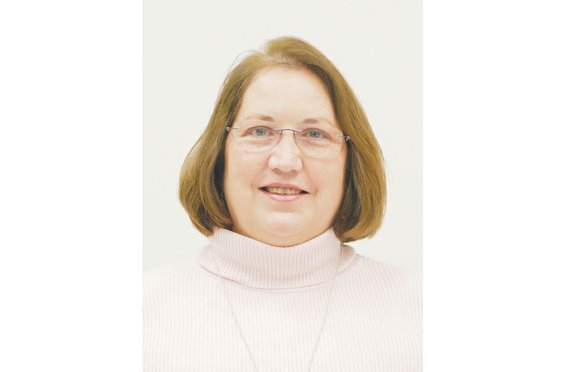Voter supression or simple snafu?
City man given wrong ballot in Nov. election
Jeremy M. Lazarus | 12/11/2015, 7:12 a.m. | Updated on 12/11/2015, 7:12 a.m.
Edward A. Adams went to the polls Nov. 3 eager to cast his ballot for Dan Gecker, the Democrat who ultimately lost in the hotly contested race in the 10th Senate District.
But the 59-year-old postal worker wound up casting a ballot for unchallenged incumbent Sen. A. Donald McEachin in the 9th Senate District — even though Mr. Adams’ residence at 612 W. Franklin actually is listed on the poll books as being in the 10th Senate District.
What went wrong?
He was given the wrong ballot where he votes, Richmond Precinct 206 at the Dominion Place apartments, 1025 W. Grace St.
The precinct, it turns out, is split between the two Senate districts.
Mr. Adams blames poll workers who handed him a ballot for the 9th District and refused to listen or check further when he told them “that I had previously voted in the 10th District.”
He said he was told his residence had been shifted to the 9th District “because of some changes (the workers) themselves did not understand. I thought I had no choice but to vote the ballot I was given.”
When he got home, he called the Richmond Voter Registrar’s Office. He said he was told that, indeed, he did live in the 10th Senate District, but “nothing could be done about it because I had already voted.”
He was not alone. He said two other people in his building also were pushed into voting in the 9th District.
The same thing may have happened to other voters in Precinct 206 and six other city precincts that the 10th Senate District shares with the 9th Senate District or the 16th Senate District that Sen. Rosalyn R. Dance represents, Richmond Voter Registrar Kirk Showalter acknowledged this week.
“This is why I and every other registrar hate split precincts,” Ms. Showalter said.
No matter how much time is spent training poll workers at split precincts — and Ms. Showalter said that there were special sessions for workers assigned to the split precincts in the city — things can go wrong.
She said that’s why she is seeking approval from the state Board of Elections to deploy new poll books that are designed to prevent this kind of human error.
Unlike the city’s current electronic poll books, the new books would block a voter from being given the wrong ballot, she said. In addition, the new books would provide a printout listing the specific districts for a voter’s residence, she said, adding additional protection against voting snafus.
As it stands now, she said there is no fix when a voter casts a ballot in the wrong district.
There is no provision in state law that would allow a voter to cast a correct ballot after using an incorrect ballot, she said. That incorrect ballot cannot be canceled and withdrawn, she said.
The law does allow a candidate or political party to challenge a ballot and get it tossed out if it proves to have been cast by a voter from a different district, but that is rare.
Ms. Showalter said that she has no idea how many ballots were cast in the wrong district in November. However, she does not believe the number would have changed the Senate election’s outcome.
Republican Glen H. Sturtevant Jr. defeated Mr. Gecker by 1,478 votes, or 2.6 percent of the more than 55,000 votes cast in the 10th Senate District. The district includes parts of Richmond and Chesterfield County and all of Powhatan County.
Richmond had the only split precincts, according to a review.
During the election, Ms. Showalter said her office received calls raising questions about the ballots. She said members of the Richmond Electoral Board or roving staff members were dispatched to make sure poll officials were distributing the correct ballots.
She said election officials at Precinct 206 could have called the central office if there was a question, but she said Mr. Adams and others needed to insist that be done before casting a ballot.
“In most cases, the calls came from people who had already left the polls,” Ms. Showalter said, “so there was nothing that could be done for them.” k







